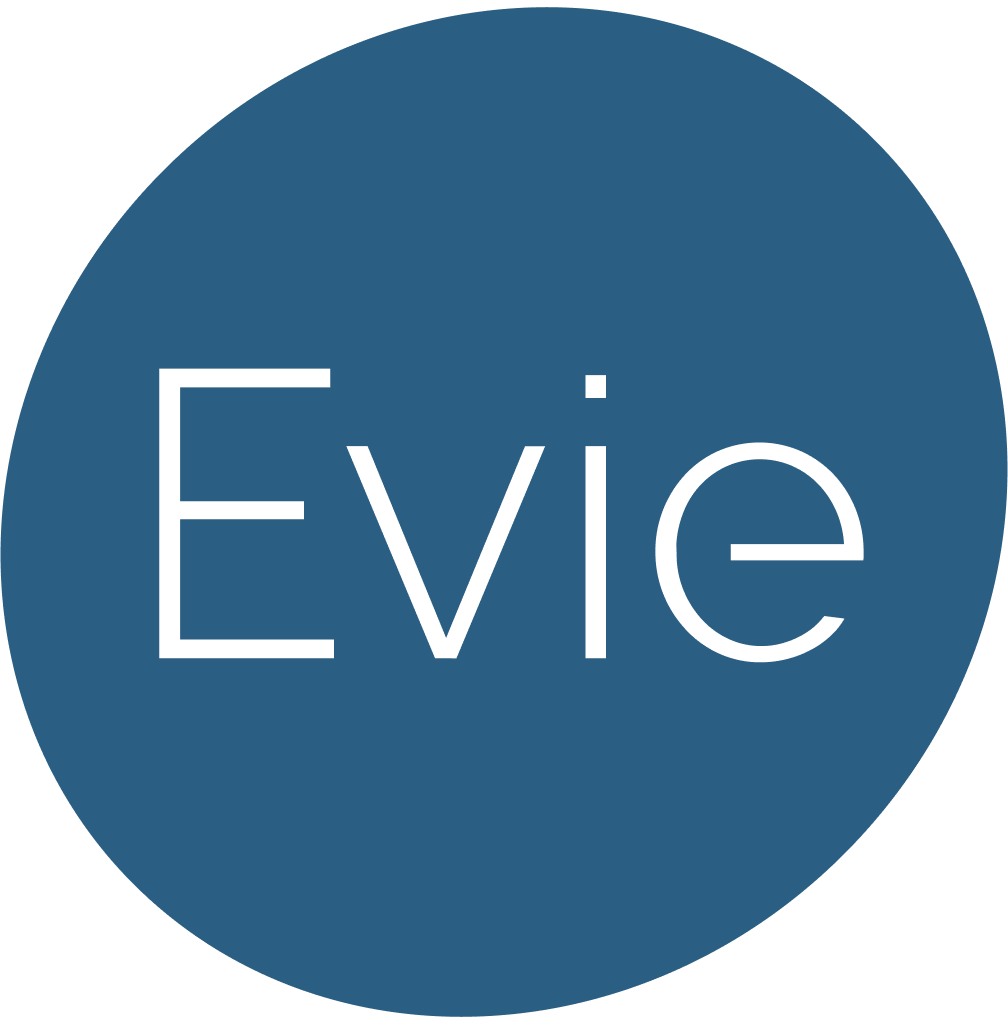What is your ideal candidate experience? Has your Talent Acquisition team decided to sacrifice some elements of this experience for some reason or other?
Could it be due to a lack of resources?
What It Takes to Deliver the Ideal Candidate Experience Manually
For large enterprises who hire many different roles across their organization, recruiters can be managing anywhere between 20 to 30 (or possibly more) requisitions at a time.
These requisitions for different roles have different administrative requirements and screening processes. Beyond that, it’s impactful to speak in a tone-of-voice that relates to the candidate and provide additional interviewee resources to them—which can vary wildly, for example across technical to business roles.
Though an ideal experience for your candidate and hiring managers might look smooth and efficient on the outside, it does not mean the parts put in place to execute this experience are anywhere near efficient.
Implementing such a high permutation of different requirements across roles will place a lot of detail-oriented responsibilities onto the recruiter. At large hiring scales, even the most meticulous person is prone to operational errors.
This cost frequently burdens recruiters with processes that take time and focus away from their core responsibilities. At the root of things, you have a lack of manpower resource, or, viewed from another perspective, a lack of digital resources.
To ease this process, teams often scale down to a one-size-fits-all approach. The email copy is often made more general, and where specific instructions are required, there’ll often be call-outs to the relevant candidate.
The Impact of Scaling Back: A Lackluster Candidate Experience
While creating a single (or minimal) template of communication partially relieves some operational workload from the recruiters, this pushes the responsibility onto candidates to decipher which part of the communication applies to them.
Candidates might often see a block of instructions, of which only some apply and sometimes ambiguously written, which unnecessarily frustrates the candidates.
Based on research, first impressions are important - about 37% of candidates decide whether to take a job after the first communication or early during the interview process. Moreover, 60% of candidates say better communication throughout and after the applicant process would make the most positive impact.
The less cognitive burden you place on candidates, the more they can simply focus on preparing for the interview and not worry about getting any admin-related process incorrect.
The Solution: Recruiters should not shoulder the complexity of scheduling interviews
What recruiters really want is to be able to deliver that ideal candidate experience without having to sacrifice their time that needs to be spent on building the talent pipeline.
The solution here is to automate the interview scheduling process with an intelligent digital assistant. There are a lot of solutions out there to consider, so where do you start looking? What aspects do you consider that will help you select what best fits your team?
If you’re looking for the efficiency and speed to hire with an almost human-like experience, you could go with an AI Recruitment Coordinator.
Evie comes off like a real person through its natural language capabilities and flexible responses. By having a dynamic ability to accommodate various workflows and scenarios, Evie will schedule and follow up with interviewers and candidates to book in a time.
Evie can also book meeting rooms, generate video call links automatically, send the necessary attachments to candidates, reschedule—pretty much the entire coordination process. You can customize templates and attachments according to different criteria such as the role, geographical location, and so on.
Once you’ve set up Evie with the correct workflow and templates, Evie will consistently schedule various interviews using the right details as long as you let Evie know what the role is or whichever differentiating factor needed. Even better still, if integrated with your ATS, Evie can immediately pull out this information and know what sort of candidate you are scheduling for.
Image: Example of a customized, branded template for a company
Scale the Best Candidate Experience with Your Own AI Recruitment Coordinator
Interview scheduling processes are complicated and no two organizations have the same, exact workflows. Ultimately, no matter the variation, recruiters share the unanimous goal of bringing in the best talent by devoting their time to evaluating and discerning candidates, and building their pool of candidates.
One of the best investments to make would be to help them achieve this goal by automating the tedious, repetitive and error-prone process of scheduling interviews.
Interested in finding more about Evie? Have a chat with us.

